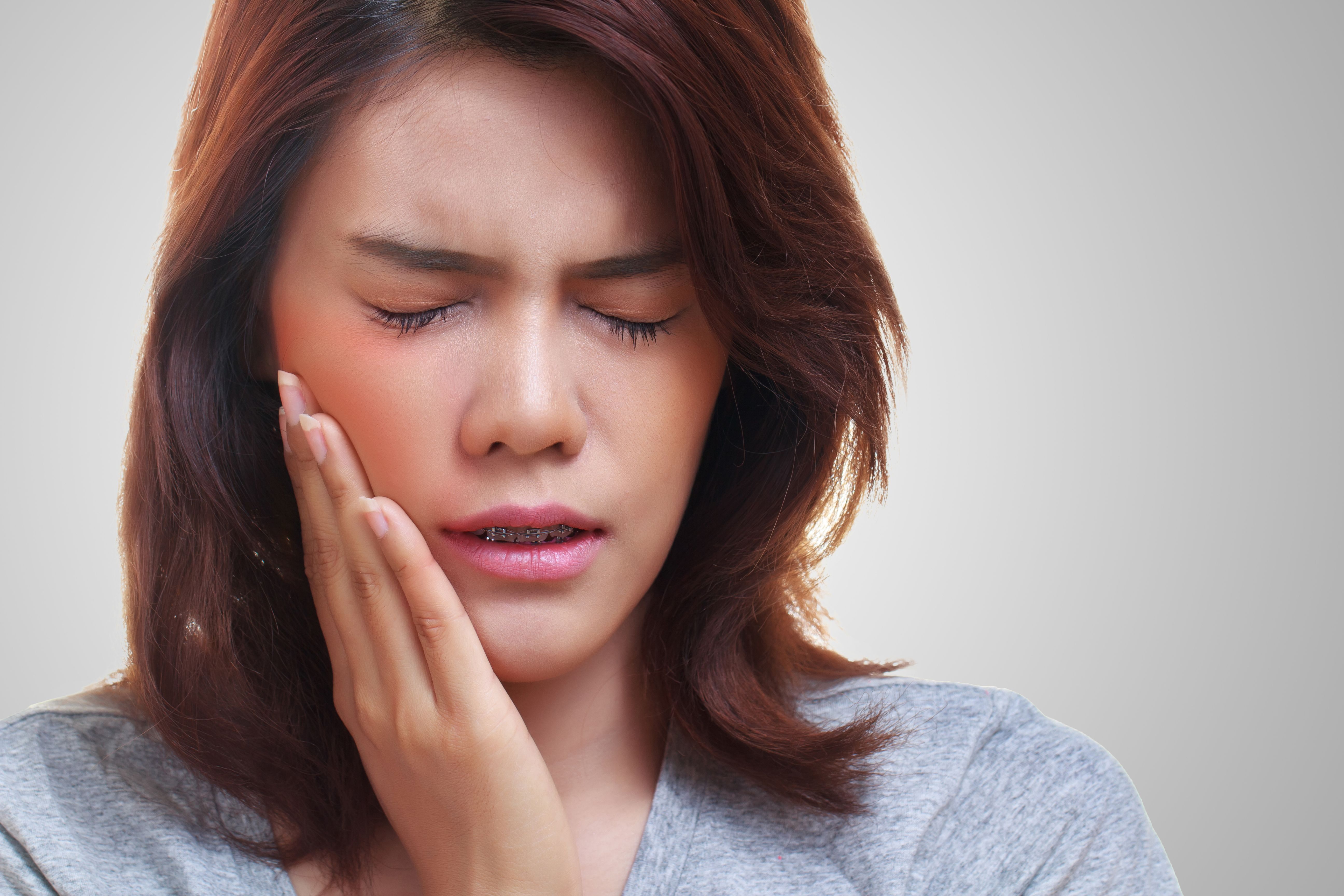What Causes Tooth Sensitivity After Dental Crowns?
 Dental crowns can restore damaged teeth, improving dental health, function, and appearance. Most people find relief from dental pain after dental crown treatment, but some may notice a little tooth sensitivity in the first few days after treatment.
Dental crowns can restore damaged teeth, improving dental health, function, and appearance. Most people find relief from dental pain after dental crown treatment, but some may notice a little tooth sensitivity in the first few days after treatment.
The team at Brooklyn Heights Dental explains what to expect with dental crowns and tooth sensitivity to patients at their practice servicing Brooklyn Heights, Brooklyn, Fort Greene, and surrounding areas.
With this in mind, let’s take a closer look at some causes of tooth sensitivity and some ways to alleviate discomfort.
Is Tooth Sensitivity After Dental Crown Treatment Normal?
Yes, tooth sensitivity following dental crown treatment is a normal side effect. However, it is important to know that tooth sensitivity should be temporary.
If tooth sensitivity persists or develops some time after treatment, it could be a sign that there’s a problem with the crown or an issue with the underlying tooth.
The following are some possible causes of tooth sensitivity patients sometimes experience after dental crown placement.
Tissue Inflammation
One of the most common causes of tooth sensitivity after dental crown treatment is tissue inflammation at the site of the dental crown.
Tissue inflammation is normal and temporary and is usually caused by the nerve and tissues within the tooth becoming irritated from the dental implant procedure itself.
For most, tooth sensitivity caused by tissue inflammation will resolve within a day or two after treatment.
Damaged Dental Nerve
Tooth sensitivity may also be caused by a damaged nerve within the tooth. Tooth sensitivity from a damaged nerve may happen immediately after crown placement or may take several weeks or longer to occur.
Nerve damage can happen when bacteria enters the root canal of a tooth, usually as a result of tooth decay or a dental fracture. If the inner nerve and pulp tissues are left in place and the bacteria is not addressed, it can cause an infection that damages the nerve and other structures within the tooth.
If a crown is placed over a tooth without treating the bacterial infection within the tooth, tooth sensitivity can develop.
Problems with Dental Crown Fit
Although dental crowns are custom made from impressions of the teeth, there are occasionally issues with how the dental crown fits.
Crowns are checked for proper fit at the time of placement but sometimes the fit may end up being slightly off. If a crown sits too high or otherwise doesn’t fit correctly, it can lead to pain when eating and cause tooth sensitivity.
Treating Tooth Sensitivity
For most patients, tooth sensitivity after dental crown treatment is caused by tissue inflammation and will resolve on its own after a few days. Taking an over-the-counter anti-inflammatory, such as ibuprofen, can help reduce swelling and relieve pain.
If tooth sensitivity is caused by a damaged dental nerve, the crown will need to be removed and the damaged nerve treated, usually with root canal therapy. Root canal therapy alleviates dental sensitivity by removing the dental nerve and other damaged tissues within the tooth. Once these tissues are removed, a new crown will need to be placed.
Finally, if the fit of the dental crown is causing increased sensitivity, adjustments to the fit should be made. Once the correct fit is achieved, tooth sensitivity should resolve.
Contact Brooklyn Heights Dental
For more information about dental crowns or other treatment options, please call (718) 857-6639 to schedule a consultation with one of our dentists.



